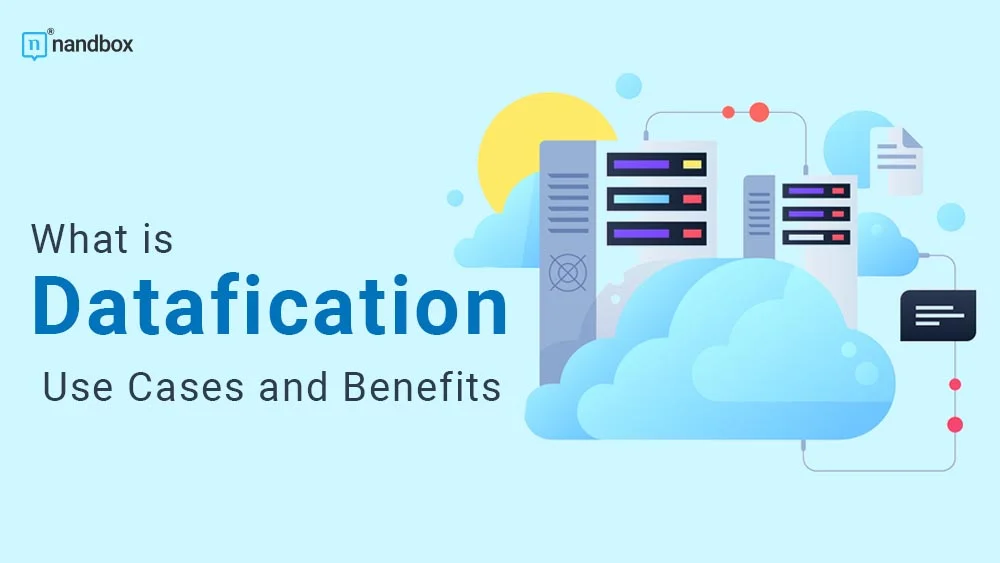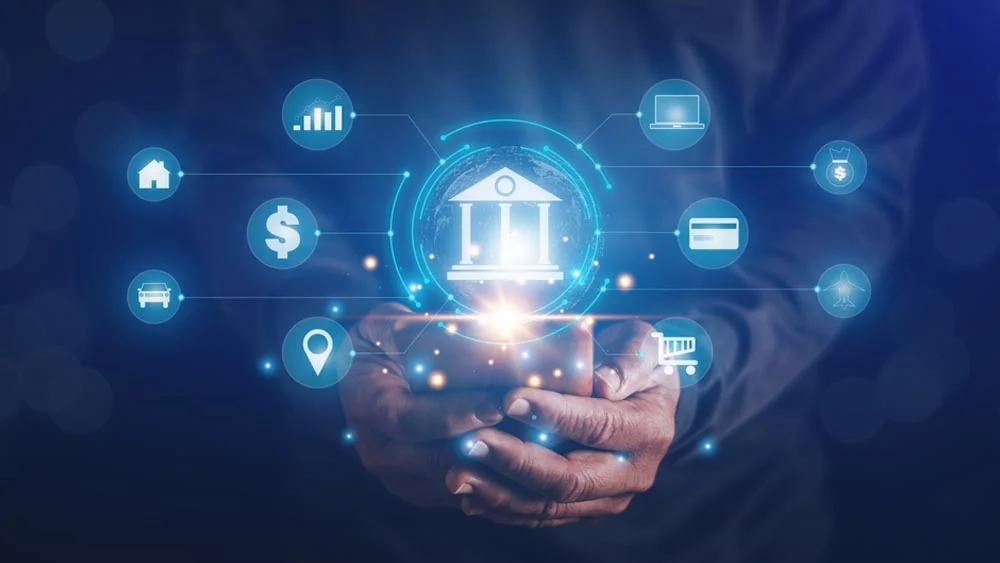Datafication is a term we often hear lately, but many people don’t know what it means. Chances are they’re familiar with the concept but not its technical term. The word is derived from ‘data,’ which is something we rely on heavily these days. Data is the past that is shaping our future. This article goes in-depth explaining datafication, how it relates to other terms and its benefits.
What is Datafication?
According to MayerSchoenberger and Cukier, datafication is the process by which social action is transformed into online quantified data that enables real-time tracking and predictive analysis. Simply put, it’s the act of transforming an invisible process or activity into data so that it can be observed, followed, analyzed, and optimized. All sorts of new ways to “datify” the most fundamental parts of our lives have become possible thanks to technological advancements.
By technological advancements, we mean artificial intelligence, machine learning, robotics, and many others. The term “datafication” describes the process by which the interactions of living things in the real world translate into a digital format for social use.
Datafication VS. Digitization VS. Digitalization
All these terms are related to turning data into something digital, but in essence, they’re all different.
Digitization is the mere act of turning any data from a physical form into digital data. We’ve all done that before. For example, scanning a paper and turning it into a PDF file is the simplest example of digitization. Digitization doesn’t change the form of the data but transforms it by encoding.
As for digitalization, wrongly used interchangeably with digitization, it means changing some processes that a company undergoes and making these processes more automated using new technologies. To illustrate, it’s when you integrate a PDF to JPG converter when you work with PDF files that need to be automatically converted into JPG format.
As you can see, all these terms are related to data but have different applications in different sectors. Digitization is more general, datafication is social, and digitalization is associated with business. The following section showcases the uses of datafication in various scenarios.
Datafication Use Cases
What is Datafication: Use Cases and Benefits
Social media greatly impacts our lives, and it’s all thanks to datafication. Platforms, like Facebook and Twitter, generate data from users’ activities, posts, and search queries to create relevant ads and promote businesses. In reality, as much as our data prompts the content we see on social media, that content influences our lives.
We find ourselves ordering at a restaurant whose ad was on Facebook, wearing an outfit that an influencer promoted to appear on our home page, or changing our minds about a cause because of an opinion on Twitter from a person that the platform suggested we follow. Data unimaginably impacts the way we live.
Human Resources
The risk-taking profile and personality traits of prospective employees are determined by analyzing data collected from mobile phones, apps, and social media usage. Rather than using traditional personality tests or exams that measure analytical thinking, existing exam providers will start using data obtained through datafication. In addition, new personality tests can be created by analyzing this information.
Banking and Finance
In banking and finance, datafication helps in customer segmentation, risk assessment, predictive fraud analysis, and attaining compliance. Mainly, they use data either to target the right customer base or assess existing profiles to approve loans or prevent fraud.
Using Datafication Can Benefit Your App. Here’s How:
1. You Learn More about the Efficacy of Your Operations
Datafication is the process of converting unstructured data into a usable digital format. You can use it to learn more about how your business functions. Through datafication, you and your company will gain a deeper understanding of your individual and collective capabilities. In addition, it lets you see the results of your efforts so that you can assess the effectiveness of your strategies. The result is that it reduces costs and increases revenues.
2. It Helps You Ease into Digital Transformation
While digitalization makes work easier by automating some processes, digital transformation changes how everything works so companies can keep up with technological advancements and innovations. Businesses transform digitally to keep up with competitors and stay relevant.
Data is the only way for businesses to leverage the highest-end technologies. It helps you clearly understand your business and its goals, benefiting from the present and the past to move forward in the future. In other words, datafication helps in decision-making and strategy formulation.
3. It Gives You an Advantage among Competitors
Data-driven businesses have a distinct advantage over their rivals. These businesses can set themselves apart from the competition by using data to improve decision-making, streamline operations, and personalize the customer experience. That’s why data-driven businesses are powerful; they leave their rivals scrambling to keep up.
4. It Changes Customer Interactions
Datafication revolutionized business interactions with customers, which has allowed them to deliver more tailored services and materials. Businesses can better serve their clients by analyzing their behavior to tailor suggestions, directions, and advertisements to each individual. An improved customer experience is a direct result of this degree of customization, boosting customer engagement and loyalty. This is why many businesses turn to such datafication and digitalization processes and work with IT consulting services to help them harness the full potential of their data.
Potential Risks and Challenges of Using Datafication
The potential for privacy and security breaches is a major obstacle that the rise of datafication brought on. The potential for data breaches grows when more data needs to be collected, stored, and analyzed. To keep customer information safe, businesses must implement robust security protocols.
Another risk is the ethical consideration in data collection and use. Companies should think about the moral implications of their data collection and analysis processes. Privacy, consent, and clarity are just a few issues that data use can bring up. To avoid legal and public trust issues, businesses must be clear about the information they collect and how they will put it to use.
Datafication carries the additional danger of analytical biases. Many types of bias, including those introduced by sample selection or algorithm, can lead to false or misleading conclusions, which can have serious repercussions for businesses. Businesses should use reputable data sources and design their algorithms to prevent bias-based discrimination.
When creating an app with the nandbox native no-code app builder, you can add your own data and privacy policy, so use that wisely. We developed the app builder to give you the freedom to build a successful business. Sign up and try it now!






